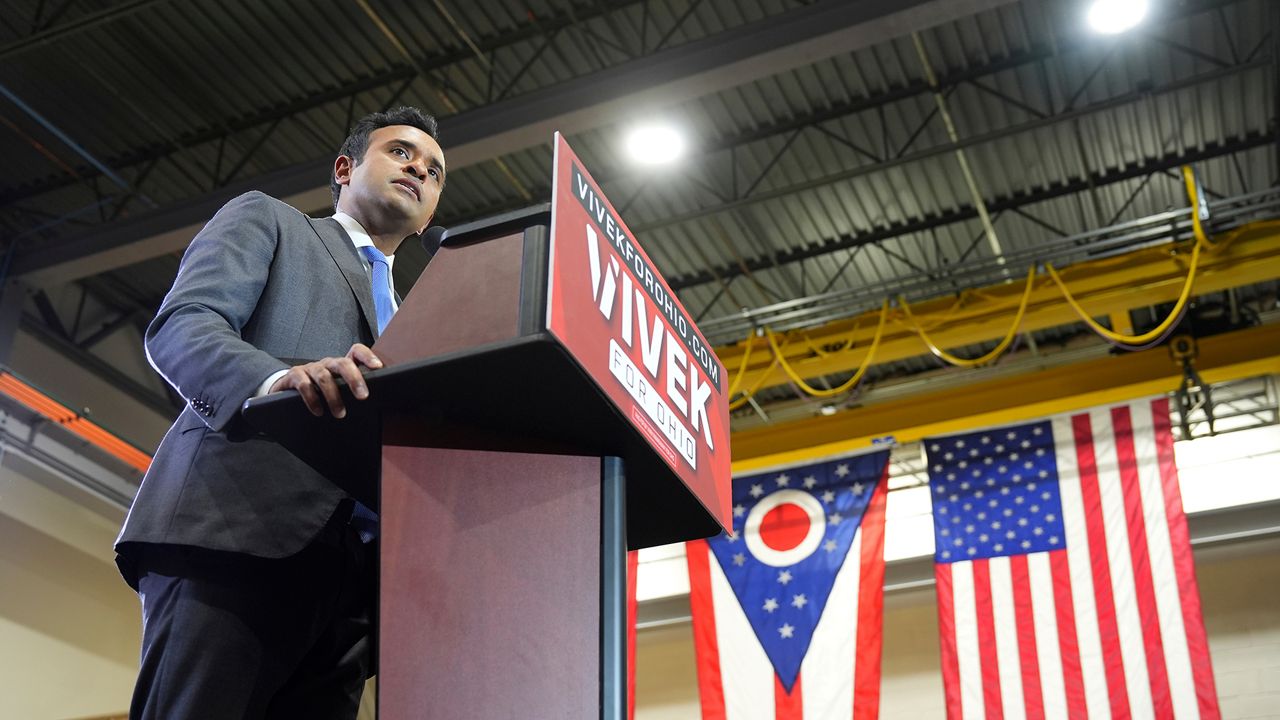OHIO — A law that would have restricted Ohio children's access to social media by requiring parental consent was permanently struck down by a federal judge this week.
The law, known as the Parent Notification by Social Media Operators Act, was supposed to take effect in Jan. 2024. It required social media companies to mandate parental consent for any child under 16 using their apps. It was signed into law by Gov. Mike DeWine, R-Ohio, in 2023.
However, U.S. District Court Judge Algenon L. Marbley, the same judge who blocked it from going into effect, said it's a violation of the First Amendment.
"This Court lauds the State’s effort through the Act to protect the children of this state. This Court finds, however, that the Act as drafted fails to pass constitutional muster and is constitutionally infirm," Marbley wrote.
In a 49-page decision, Marbley said he understood lawmakers wanted to protect children, but the law goes too far.
The law would have also imposed a penalty for platforms that didn't comply, ranging from $1,000 to $10,000 a day.
"Ohio’s response to a societal worry that children might be harmed if they are allowed to access adult-only sections cannot be to ban children from the library altogether absent a permission slip," Marbley wrote in the decision.
The law gathered pushback, including from NetChoice, a trade group that represents major tech companies such as TikTok and Meta. NetChoice had filed a lawsuit in Jan. 2024, claiming the law was too broad and vague and hindered the right to free speech.
NetChoice applauded Marbley's decision to strike down the law.
“The decision confirms that the First Amendment protects both websites’ right to disseminate content and Americans’ right to engage with protected speech online, and policymakers must respect constitutional rights when legislating,” NetChoice wrote in a statement.








